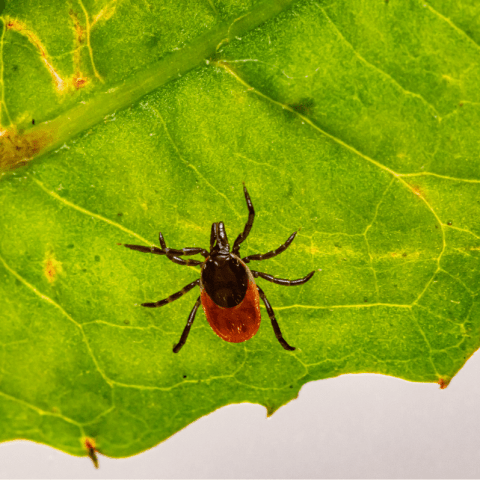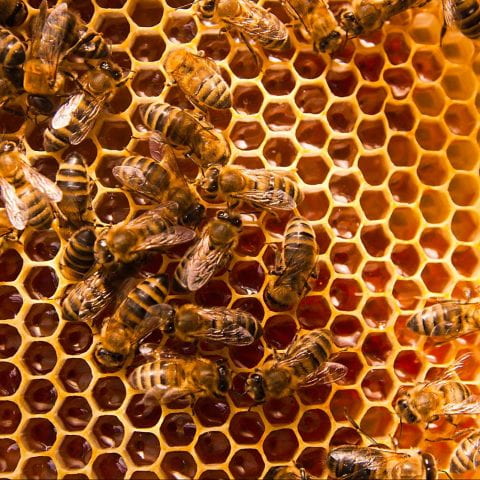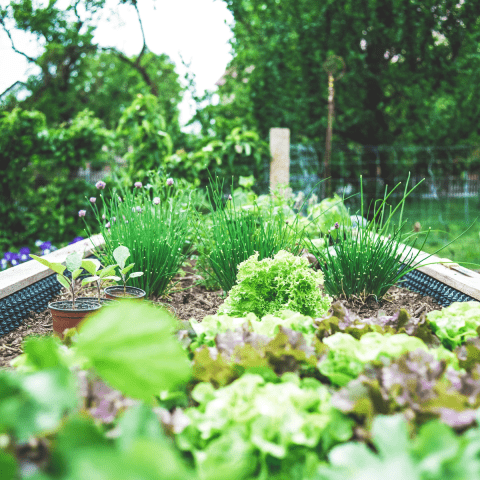The federal government has conducted the US Household Food Security Survey Module for more than 25 years The data collected annually from about 50,000 US households helps form estimates of the scale of food insecurity — not having access to enough food for a...
While most bugs die in the winter, ticks are relatively impervious to the freezing temperatures — and as the climate warms, they are becoming increasingly active in winter months, experts warn The pestiferous little bloodsuckers just hunker down on cold days and...
Wildfire smoke blankets swaths of the continent Heatwaves break historic records Diseases like dengue and malaria emerge and re-emerge To combat these threats, there is an urgent need to strengthen the public health workforce — and Cornell University’s Master of...
Preparing for firearm hunting season for white-tailed deer, Brian Bird visited a shooting range recently to sight in his rifle – recommended after an off-season, and necessary since he’s switching bullets, to a type he’s using for the first time in his several...
From June to October of this year, Canadian wildfires spread to the United States’s midwest and northeast regions, decreasing air quality to unhealthy levels across New York State and Tompkins County In response to the deadly wildfires, Cornell researchers and...
An analysis of beeswax in managed honeybee hives in New York finds a wide variety of insecticide, herbicide and fungicide residues, exposing current and future generations of bees to long-term toxicity The study, “Pesticide Contamination of Beeswax from Managed...
It’s not hard to remember the period of the pandemic when everything from tomato cages to seeds were hard to find And now Cornell researchers are supporting that anecdotal evidence with data Katie Fiorella, an assistant professor in the Department of Public and...
Twenty-five faculty and academic staff from nine Cornell colleges and units are Engaged Faculty Fellows for the 2023-24 academic year, with projects including researching economic and racial disparities in driver’s license suspensions, developing a seminar in...
In reaction to the COVID pandemic, faculty of the Cornell’s Public Health Program developed an innovative online training program to help close skills gaps in the public health workforce Fifteen months and 521 participants later, the program has proven a huge...
Better education for cat owners, more communication from veterinarians, increased drug choices and cheaper, rapid diagnostic tools can help improve antimicrobial use in cats, which has important implications for rising antimicrobial resistance in animals and humans,...
To highlight how local partnerships improve Cornell, Ithaca and Tompkins County, the university presented the Cornell Town-Gown Awards – known as the TOGOs – to three student-community collaborations The 13th annual TOGOs were awarded Nov 4 at Ithaca High...
When two dogs imported to Canada from Iran on separate occasions in 2021 developed deadly canine rabies, alarm bells rang loudly for public health officials They scrambled to trace dozens of people who may have been in contact with the animals' saliva to give...












